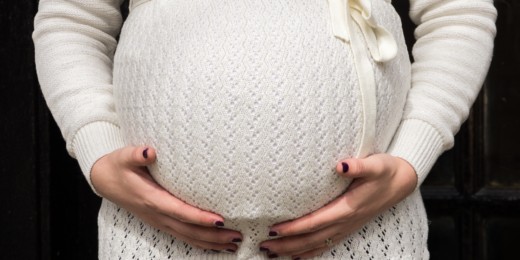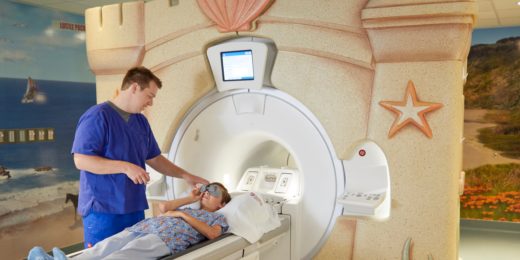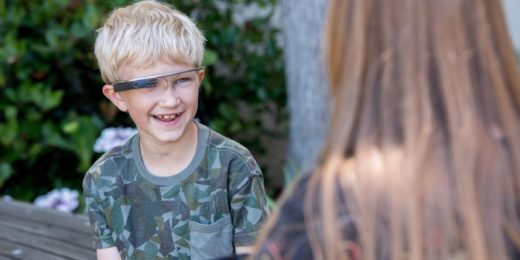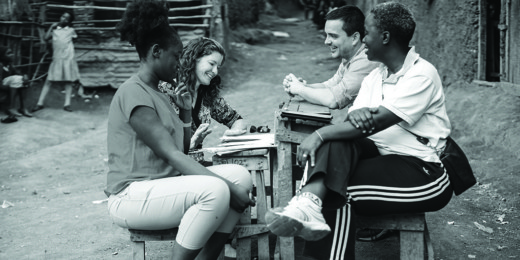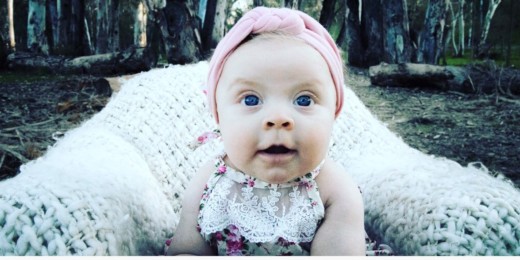A Stanford team has taken a multi-pronged approach to reducing preventable maternal deaths among California women, a new scientific paper explains.
Author: Erin Digitale
What should parents know about concussions? A Stanford expert explains
Most kids who suffer concussions can recover at home with support from their families and doctors, according to a Stanford brain injury expert.
Stanford expert weighs in on risks of marijuana in pregnancy and breastfeeding
Doctors are worried that marijuana legalization is harming vulnerable populations, such as infants exposed to the drug during pregnancy or breastfeeding.
Kid-friendly MRI equipment has advantages for grown-ups, too
Stanford innovators have created ways to fit MRI scanning equipment to kids instead of the other way around. Adult patients can benefit, too.
This is your brain on… roller coasters?
How risky are roller coasters for the human brain? A team of Stanford engineers rode roller coasters for science, hoping to find out.
Google Glass helps kids with autism understand faces, Stanford study finds
A pilot trial shows that equipping Google Glass with a face-recognition app can improve social skills in kids with autism.
A look at how California lowered maternal mortality rates
A new NPR story explains how California experts have been examining the causes of maternal mortality and successfully figuring out how to counteract them.
Stopping sexual assaults depends, in part, on statisticians
Stanford statisticians are developing new techniques for understanding how and why sexual assault prevention programs work.
Tips for doctors and parents on the harms of marijuana use for teens
How should physicians and parents communicate with teens about marijuana use? Stanford adolescent medicine expert Seth Ammerman, MD, offers advice.
New Stanford algorithm could improve diagnosis of many rare genetic diseases
Today, diagnosing rare genetic diseases requires slow, educated guesswork, but a team of Stanford experts is automating the process.
Differences in brain’s reward circuit may explain social deficits in autism
Children with autism have structural and functional abnormalities in the brain circuit that normally makes social interaction feel rewarding.
Young patient benefits from hospital’s bloodless surgery program
Ten-day-old Lola Garcia became the smallest infant in North America to receive bloodless open-heart surgery.
Teens shouldn’t use medical marijuana, but the plant’s active compounds have select uses, debaters agree
There’s no good evidence for using marijuana for common complaints, and the products sold in cannabis dispensaries pose risks to kids and teens.
New suicide prevention clinical trial shows what works for teens
A new multi-center trial shows that dialectical behavior therapy can help reduce suicide attempts and self-harm in adolescents.
Pediatric medical device approvals need to speed up, says FDA specialist
Children aren’t getting access to many new medical devices, but the U.S. Food and Drug Administration is working to change that.
Genetic differences in protein key to pregnancy may help explain preterm birth rates
Genetic diversity in the receptor for a key reproductive hormone may help explain why some populations have higher rates of preterm birth than others.


